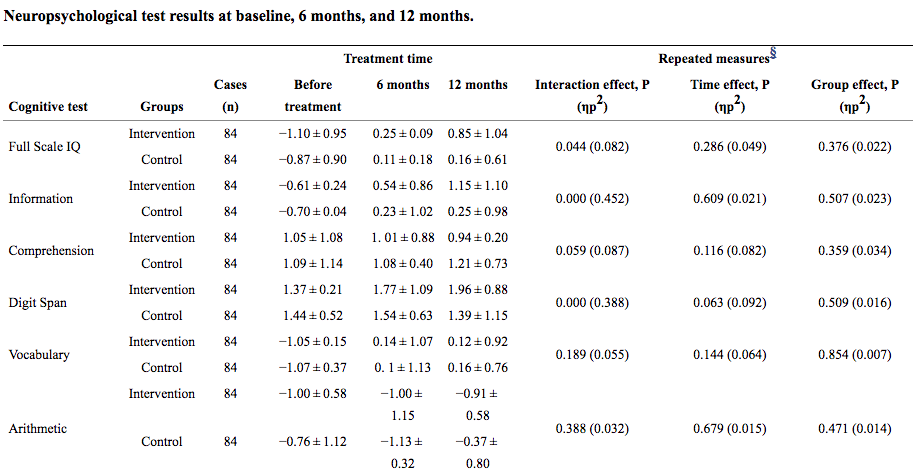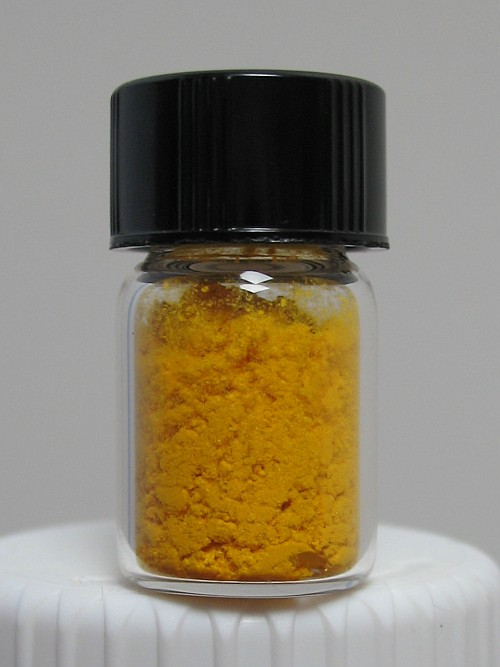Vitamin B9 may help improve mood by supporting the production of key neurotransmitters.

Vitamin B9 is an essential component of healthy nutrition that has major role in the production of energy, amino acids, and DNA. It may be key for promoting various nootropic effects by:
- Facilitating the production of neurotransmitters. Vitamin B9 has been shown to assist in the synthesis of various hormones and neurotransmitters.
- Decreasing inflammation. The potential cognitive-enhancing effects of the compound may be caused by its ability to reduce the presence of inflammatory markers.
Overview
Vitamin B9, an essential part of the B vitamin family, is widely recognized for its critical role in the synthesis of amino acids and DNA, as well as being integral to healthy diets. Often referred to as folate or folic acid, vitamin B9 is highly accessible in everyday foods, including lentils, spinach, and orange juice, and its deficiency has fallen to below 1% in in the US since its fortification into grains.1
Although most commonly offered as a natural supplement to pregnant women in order to avoid certain birth defects, vitamin B9 is also included in multivitamins for its potential to support health in a number of ways:
- Improving fertility2
- Reducing the risk of cardiovascular disease and stroke3
- Decreasing the risk of developing age-related macular degeneration4
- Enhancing function of the brain and mind
Recent research delving into its impact on brain function has found it particularly vital in the synthesis of neurotransmitters associated with improving mood. More on vitamin B9 in multivitamins.

How Vitamin B9 Might Help the Brain
Synthesis and regeneration of tetrahydrobiopterin
Vitamin B9 is essential to the efficient functioning of the folate cycle, one of the major products of which is a cofactor known as tetrahydrobiopterin.5 In turn, tetrahydrobiopterin helps other enzymes convert amino acids into neurotransmitters, including serotonin, melatonin, norepinephrine, epinephrine, and dopamine, as well as nitric oxide.6 7
Vitamin B9 has further been shown to help regenerate tetrahydrobiopterin, although the precise mechanism is still being investigated.8
Reducing inflammatory cytokines
Clinical studies have also found that vitamin B9 has a capacity to improve cognitive function by reducing levels of inflammatory cytokines, namely interleukin 6 (IL-6) and tumor necrosis factor alpha (TNF-α).
Vitamin B9 Benefits & Uses for Brain Health
Vitamin B9 is most regularly used to counter or prevent folate deficiency, which can lead to serious health consequences when left unattended, namely interruptions in DNA and amino acid production.9 Faulty DNA and amino acid synthesis leads to malformations and toxicity in the fetal brain, which is why vitamin B9 supplements are a must-have for pregnant mothers regardless of their diet.10
Current research has been studying and elucidating the interplay between vitamin B9 supplementation and the functioning of neurotransmitters. Thus far, research has identified its potential to improve mood, i.e., counter depression, and combat dementia.11 12 Limited clinical studies have also reported that vitamin B9, though not necessarily a cognitive booster, may improve cognitive function in adults and have an especially pronounced effect on the elderly.13 14 15
Research
Animal Research
Animal research has shown that vitamin B9 may be capable of:
- Improving spatial memory in rats17
Human Research
Clinical studies have focused on such nootropic effects of vitamin B9 as enhancing mood and improving cognitive function.
Vitamin B9 (dietary) may reduce prevalence of depression in men
In this investigation utilizing self-administered diet history questionnaires, 517 Japanese participants were assessed for prevalences in depressive symptoms in association with dietary intake of certain vitamins and minerals, including vitamin B9. Vitamin B9 demonstrated a significant inverse relationship with depressive symptoms in men but not in women.
- The study concluded that “higher dietary intake of folate was associated with a lower prevalence of depressive symptoms in Japanese men but not women.”18
Vitamin B9 (2 mg) may slightly minimize the onset of depressive symptoms
In this randomized, placebo-controlled investigation, 299 men over the age of 75 years were given either a placebo or a multivitamin stack containing 2 mg of vitamin B9 every day for 2 years. The results showed that 84.3% of men in the multivitamin group compared to 79.1% of men in the placebo group were free of clinically depressive symptoms.
- The study concluded that “treatment with B(12), folic acid, and B(6) is no better than placebo at reducing the severity of depressive symptoms or the incidence of clinically significant depression.”19
This comprehensive research overview reviews clinical studies that have examined the correlation between vitamin B9 and depression. The reviewers found that, while vitamin B9 has demonstrated a potential role in improving depression, not enough evidence supports using it as a treatment for depression yet.
- The study concluded that “there is not enough data to justify prescription of folic acid as an aid in patients with severe or chronic depression or mood disorders.”20
Vitamin B9 (15 mg) may only improve cognitive function in a few isolated cases
In this double-blind, placebo-controlled investigation, 51 patients with epilepsy were given either a placebo or 15 mg of vitamin B9 every day for more than 1 year. No significant changes in behavior, personality, frequency of seizures, and most cognitive functions were noted between the groups beside increased cognition in a few isolated cases.
- The study concluded that “folic acid has little or no effect on fit frequency, speed of thought and action, personality, or behavior, except in isolated cases.”21
Vitamin B9 (5 mg) may improve verbal memory in patients with epilepsy
In this placebo-controlled investigation, patients with epilepsy being treated with phenytoin and carbamazepine were given either a placebo or 5 mg of vitamin B9 every day for 6 months. The vitamin B9 group demonstrated improvements in verbal memory compared to the placebo.
- The study concluded that “treatment with folic acid is safe and without side effects, it improved the cognitive function in patients with epilepsy.”22
Vitamin B9 (800 µg) may improve memory and information processing speed
In this randomized, double-blind, placebo-controlled investigation, 818 participants were given either a placebo or 800 µg of vitamin B9 every day for 3 years. Significant improvements were found in memory, information processing speed or focus, and sensorimotor speed in the vitamin B9 group compared to that of the placebo.
- The study concluded that “folic acid supplementation for 3 years significantly improved domains of cognitive function that tend to decline with age.”23
Vitamin B9 (400 µg) may improve cognitive performance in patients with mild cognitive impairment
In this randomized, placebo-controlled investigation, 84 patients with mild cognitive impairment (MCI) were given either a placebo or 400 μg of vitamin B9 every day for 12 months. Vitamin B9 supplementation was found to significantly improve a long list of cognitive function determinants, including full scale intelligence and information processing, compared to the placebo.
- The study concluded that “administration of a 400-μg folic acid supplement to MCI subjects for 12 months can significantly improve cognitive performance.”24

Vitamin B9 (400 µg) may have beneficial effects on cognitive function later on in life
In this randomized, controlled investigation, 180 seniors who had mild cognitive impairment were given either a conventional treatment or 400 µg of vitamin B9 every day for 6 months. Vitamin B9 was found in improve various determinants of cognitive function, including full scale IQ, digit span, and block design.
- The study concluded that “there was a beneficial effect from relatively short-term folate supplementation on cognitive functioning in later life.”25
Nootropic Dosage
- Successful clinical studies recommend using from 400 µg – 5 mg of vitamin B9 per day.
- Typical vitamin B9 supplementation provides from 400 – 1000 µg per daily serving.
- Expert medical opinion suggests taking no more than 1000 µg of vitamin B9 daily.

Available Forms
- Multivitamin complex or single vitamin B9 in the form of powder, capsules, or tablets
Supplements in Review Says
- Vitamin B9 400 µg as a nootropic
Vitamin B9 may uplift mood and improve cognitive function. We recommend trying vitamin B9 supplements to enhance mood and cognition. Clinical research has yet to definitively determine the true extent of its impact, as is the case with several nootropics, but vitamin B9 is safe to use and has few adverse side effects.
Start with 400 µg of vitamin B9. A low 400 µg dose of vitamin B9 pills appears to be the best place to start when taking it for its nootropic effects. The general consensus among most health professionals is to take no more than 1000 µg per day.
Leave a Reply